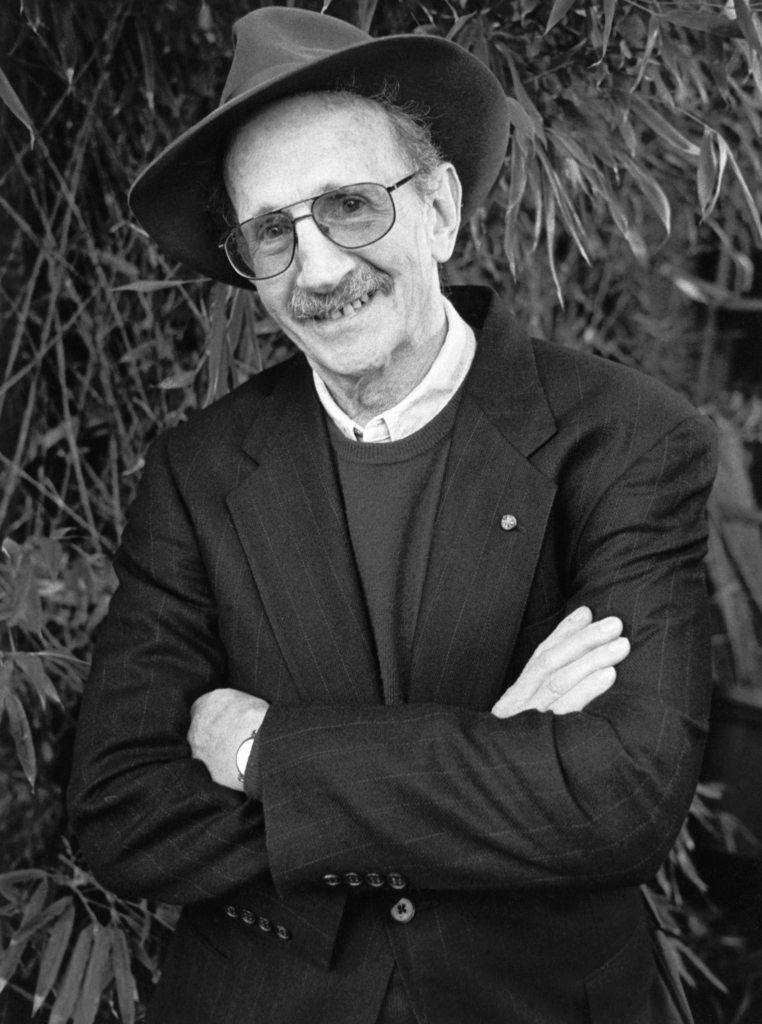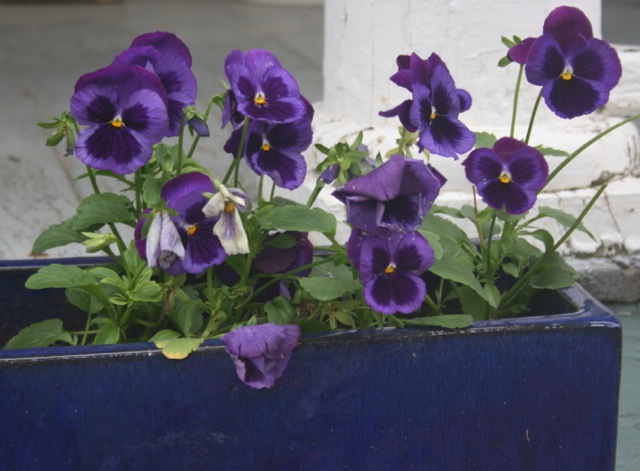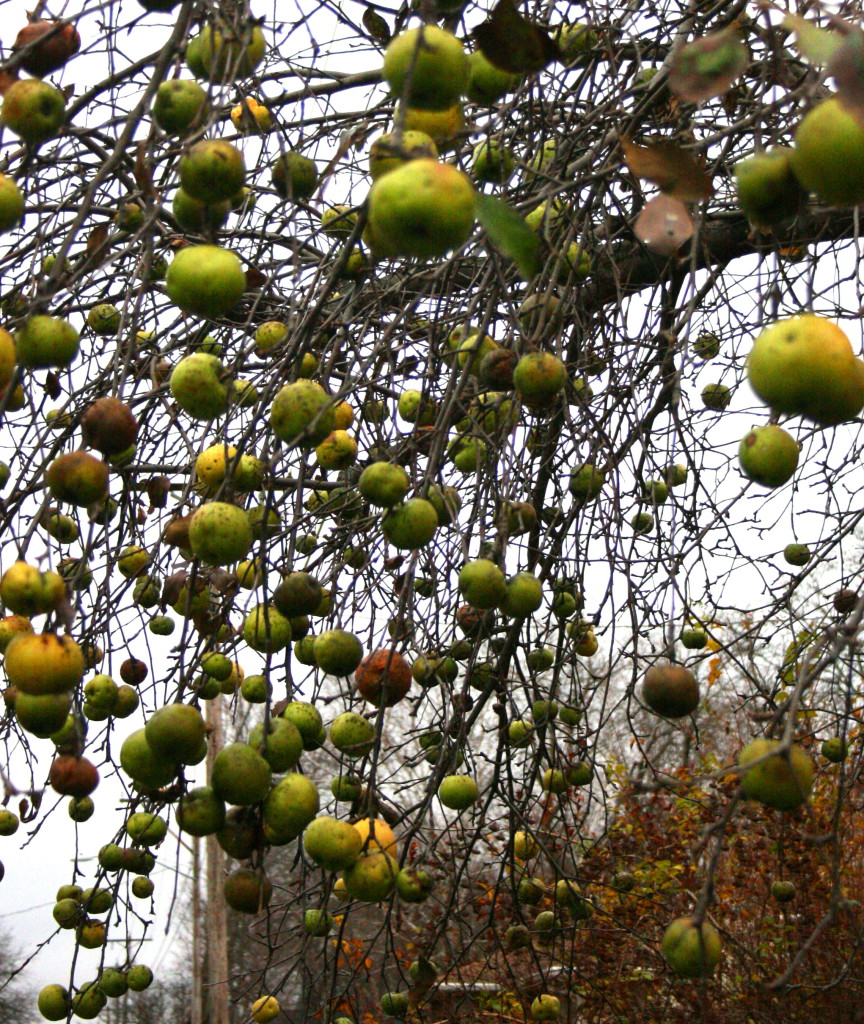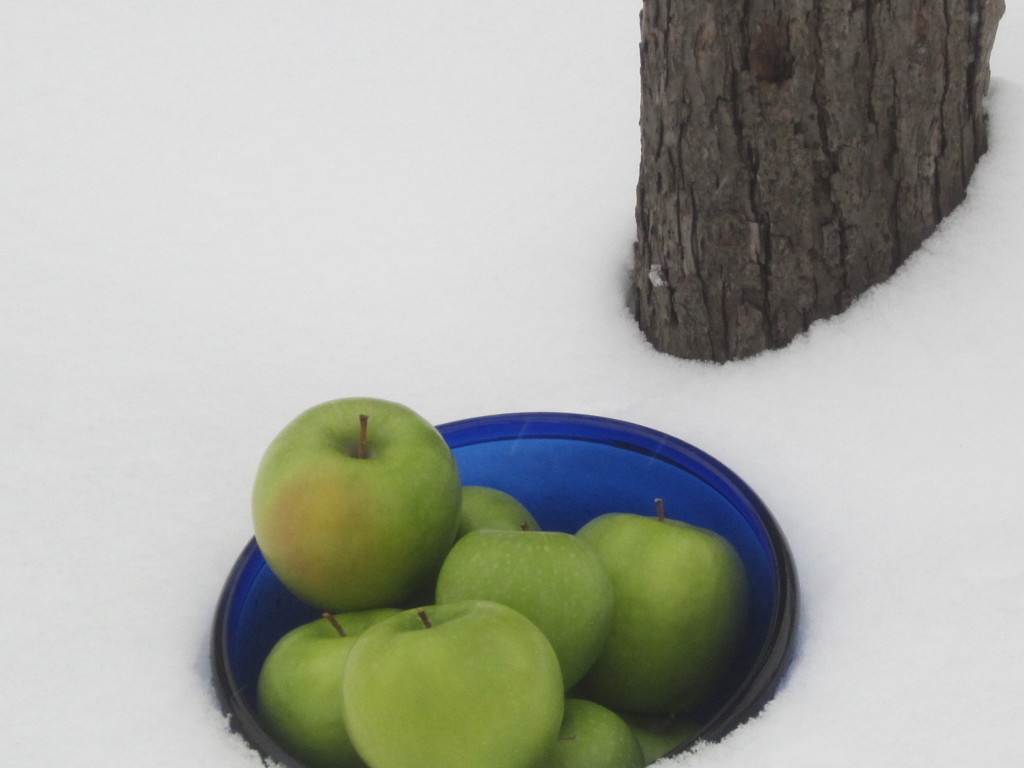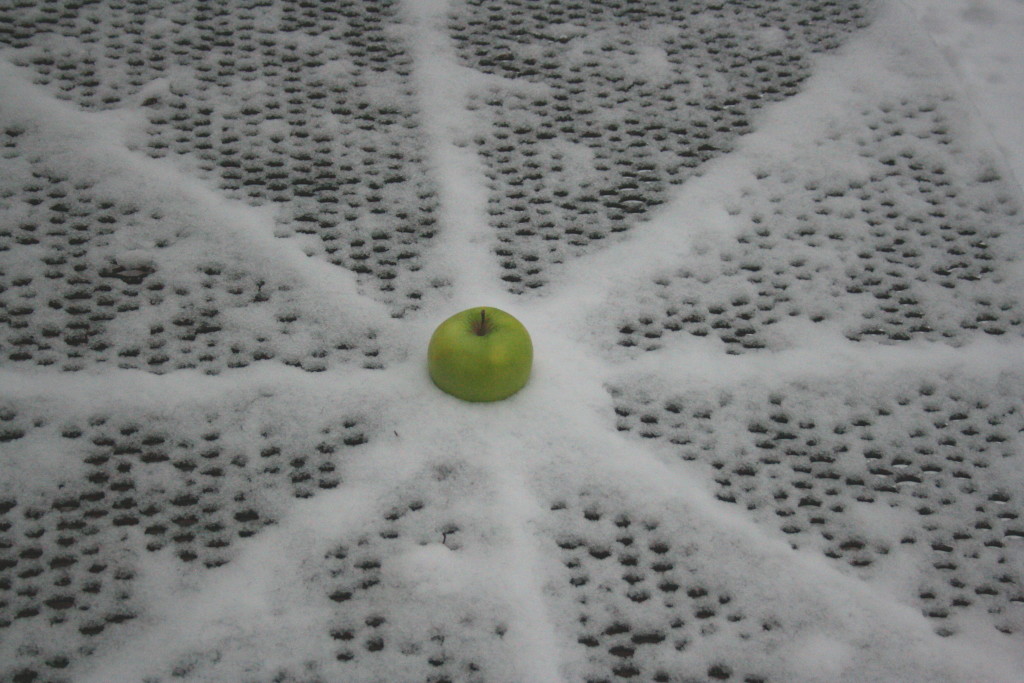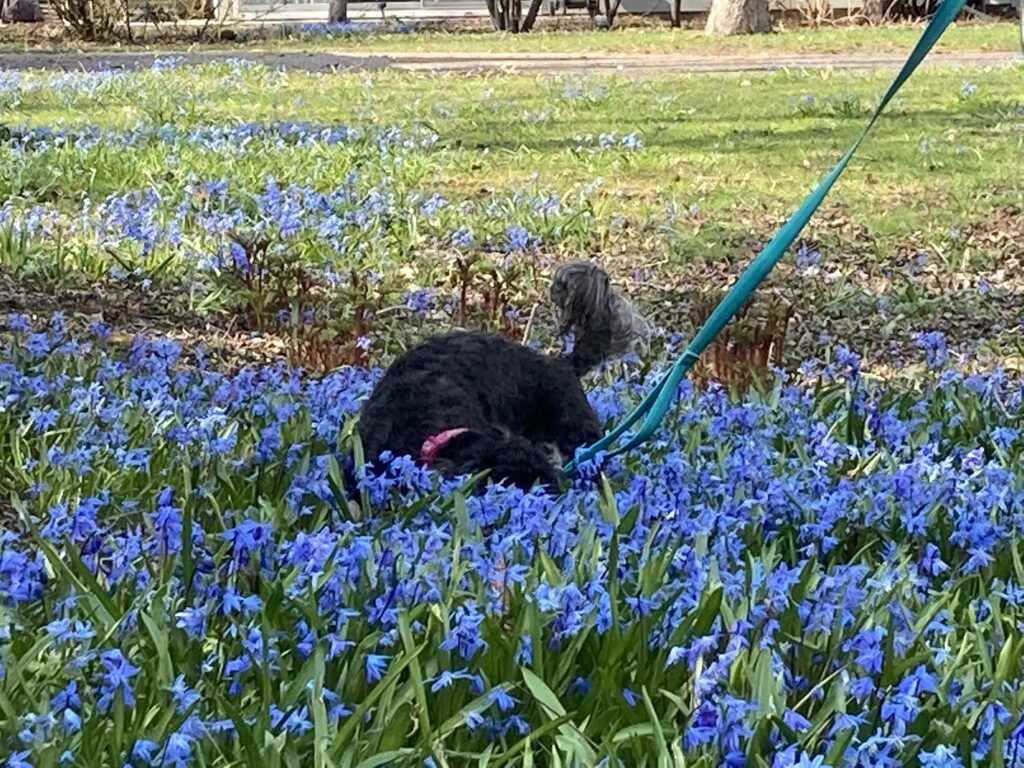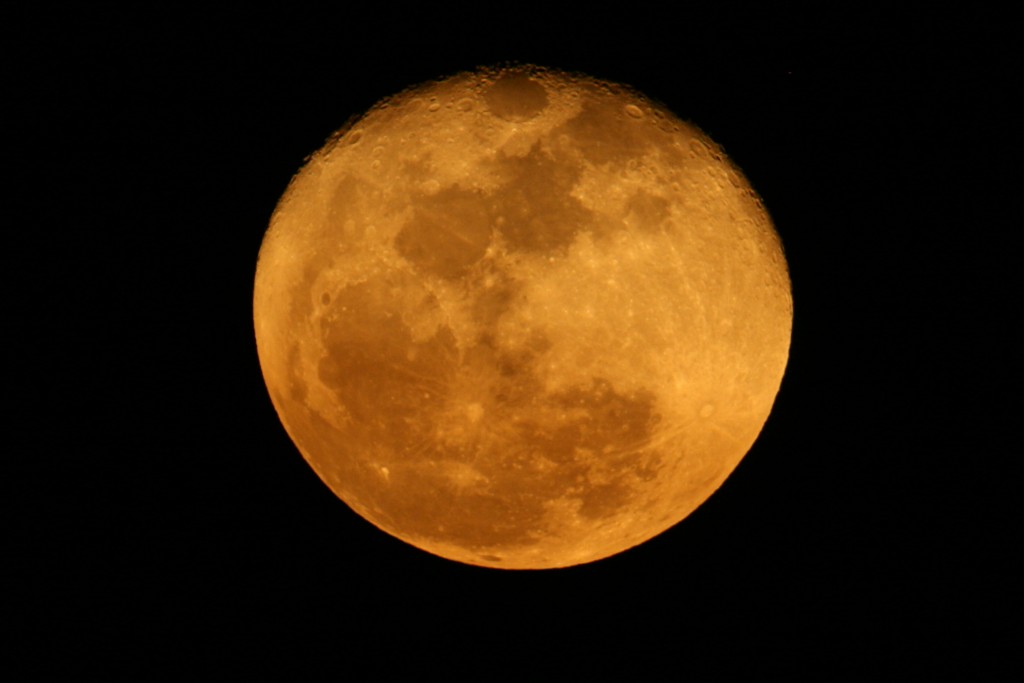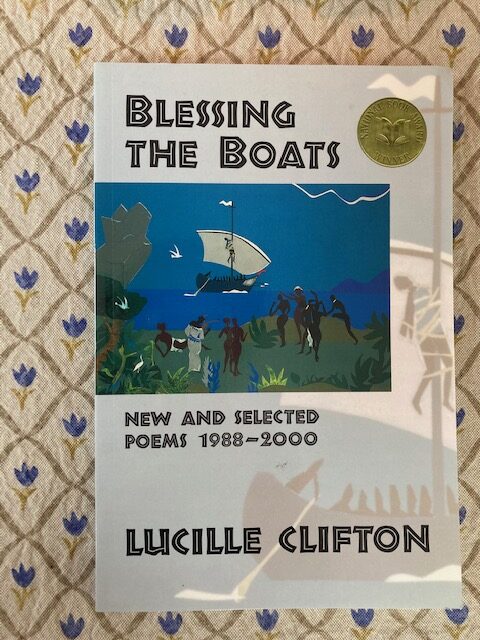
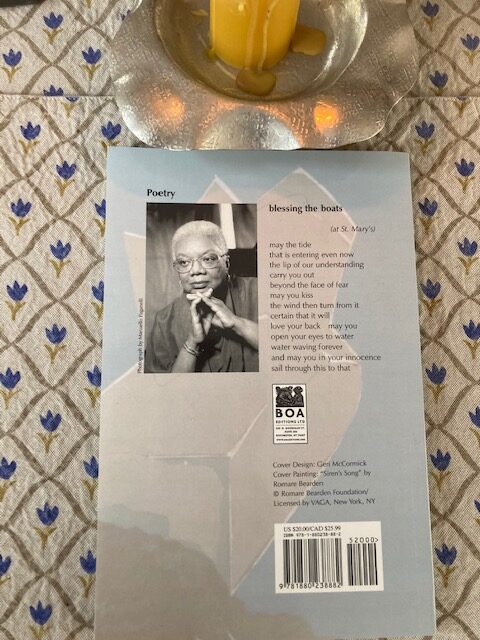
While I have known of Lucille Clifton (1936-2010) and her award-winning poetry for many years, it was not until recently when a dear friend introduced me to Clifton’s poem, “Blessing the Boats,” that I really looked deeply into her work. (Thanks, Susan, for challenging me/encouraging me to commit this one to memory!) After that upclose reading, I bought her a copy of her National Book Award Winning collection New and Selected Poems: 1988-2000. In it, I was delighted to learn of her poetic treatment of the art form of quilting. (In fact, her collection, Quilting, (1991) has this lovely poem that I memorized as the last one.)
A line from her review years back from Antioch Review provided the epigraph for today’s poem. Writing is a way of continuing to hope. Lucille Clifton
Context for My Poem “Gratitude Journal”:
Last evening, I had a conversation with someone that touched on Gratitude Journals. I shared that the practice has been very helpful to me at times, and I was thinking specifically of this journal of my own.
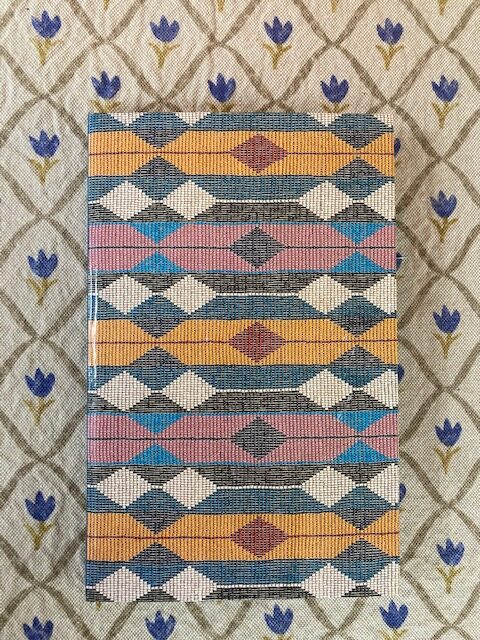
The short entries are fitful but heartfelt, made since Monday, January 11, 1993 to Monday, January 22, 2023 with still a few pages left. Here are a few examples from twenty-six years ago, days I would not otherwise remember:
Tuesday, August 28, 1997 “I am grateful for the words of world citizen Nelson Mandela.”
Monday, September 8, 1997 “I am grateful for vivid dreams. I am grateful for things that work as they should!”
Friday, November 28, 1997 “I am grateful for Mom.”
Sunday, November 30, 1997 “I am thankful for a wonderful soup made from Yellow Indian Woman beans. I think that harvesting them myself added to the flavor I was able to perceive.”
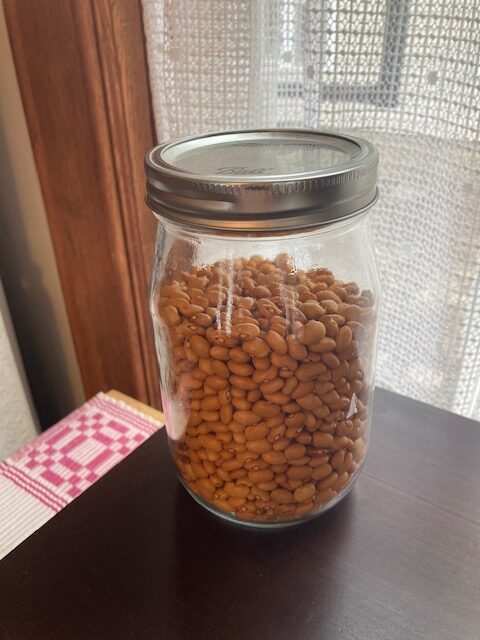
Then, this morning, I looked at the banner for these posts, and remember with gratitude how I “saw” this image in western Minnesota as Tim, Julia, and I drove to Morris for a college visit. I didn’t want to interrupt things, so I didn’t ask to stop to take a photo, but we stopped for lunch a couple of miles down the road. I could not stop thinking about this photograph waiting to be taken. Tim cheerfully agreed to backtrack after lunch, and Julia cheered me on. I was so happy and relieved that the box car was still on its siderail spur, waiting. I often think about the annonymous artist who “penned” this single word that means so much to me. There is no greater gift we can give ourselves than having a greatful heart, and I do have that this morning, thinking of all of you, of my cherished memories, my abundant current life, and my feelings of hope for our individual and collectives futures.
Now into the kitchen to squeeze fresh limes–in April! In Minnesota!–to make key lime pie for tomorrow. Two fabulous days ahead.
Wishing you abundant joy and the time to notice and share it. LESLIE


